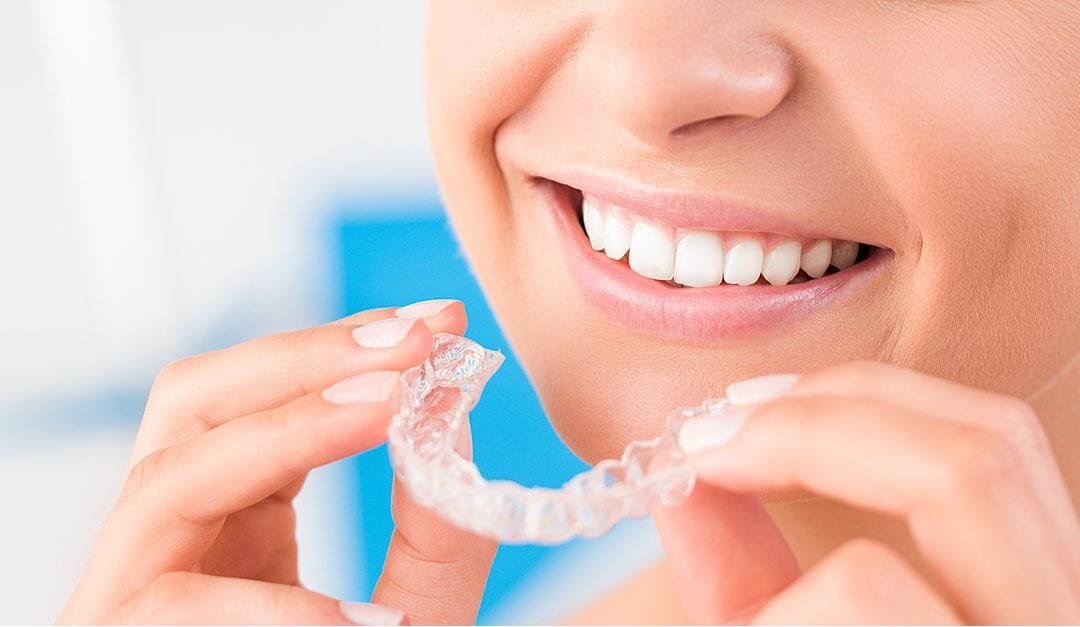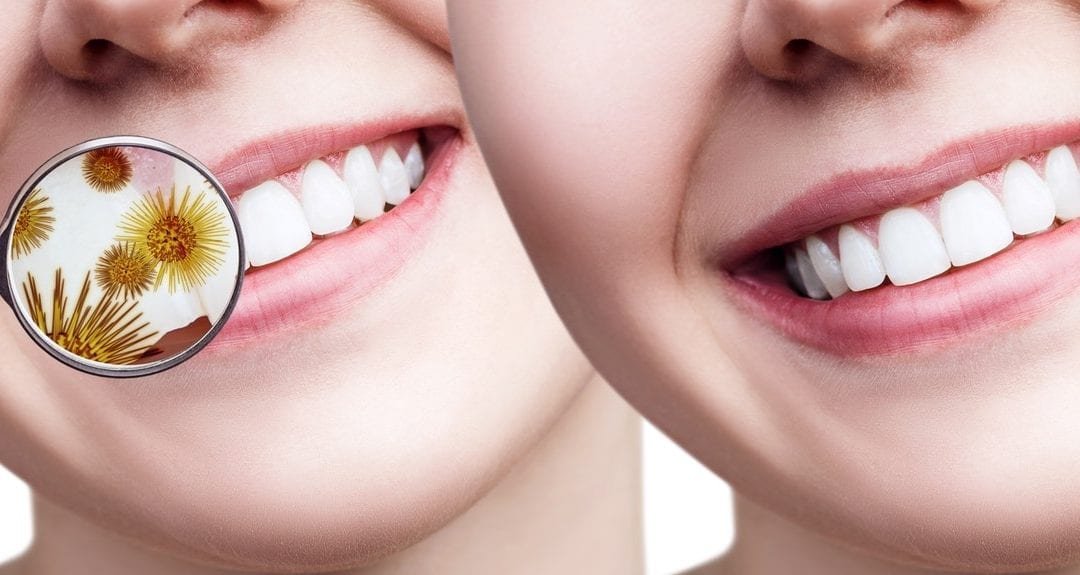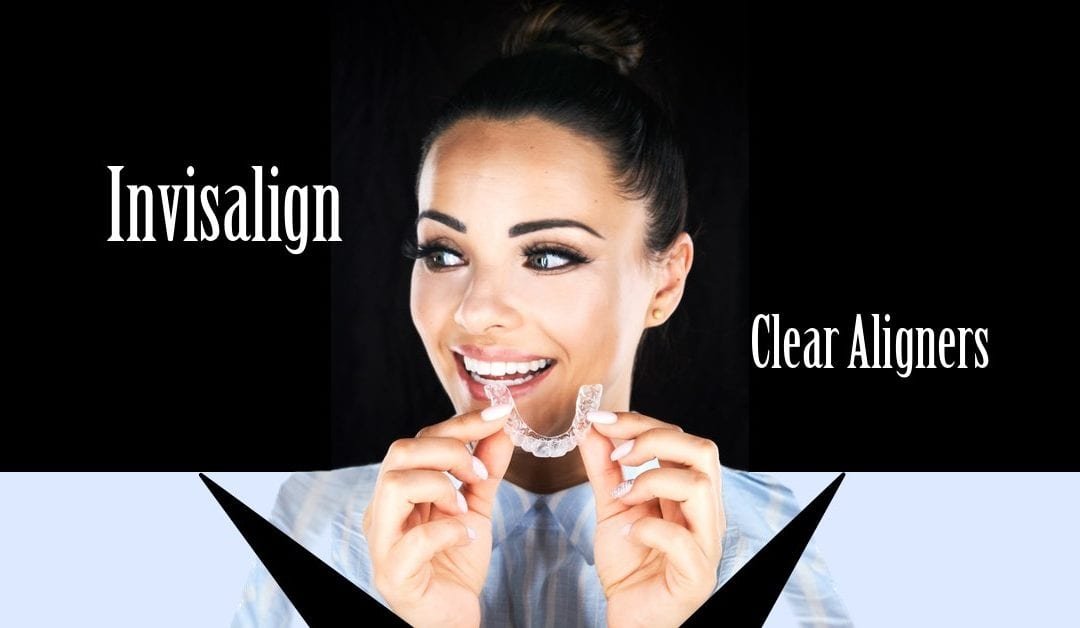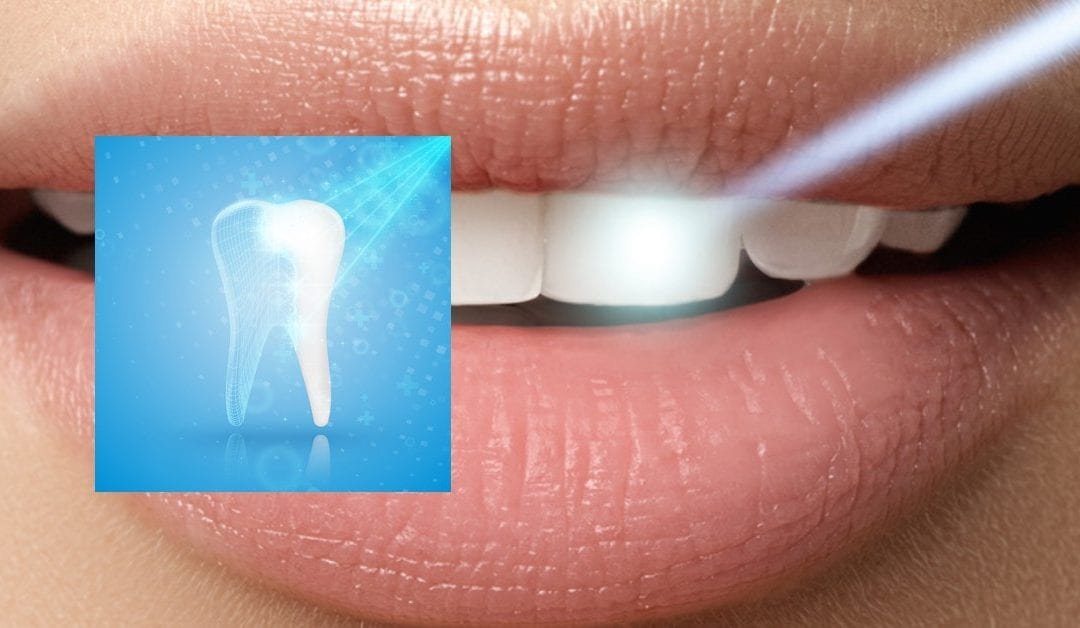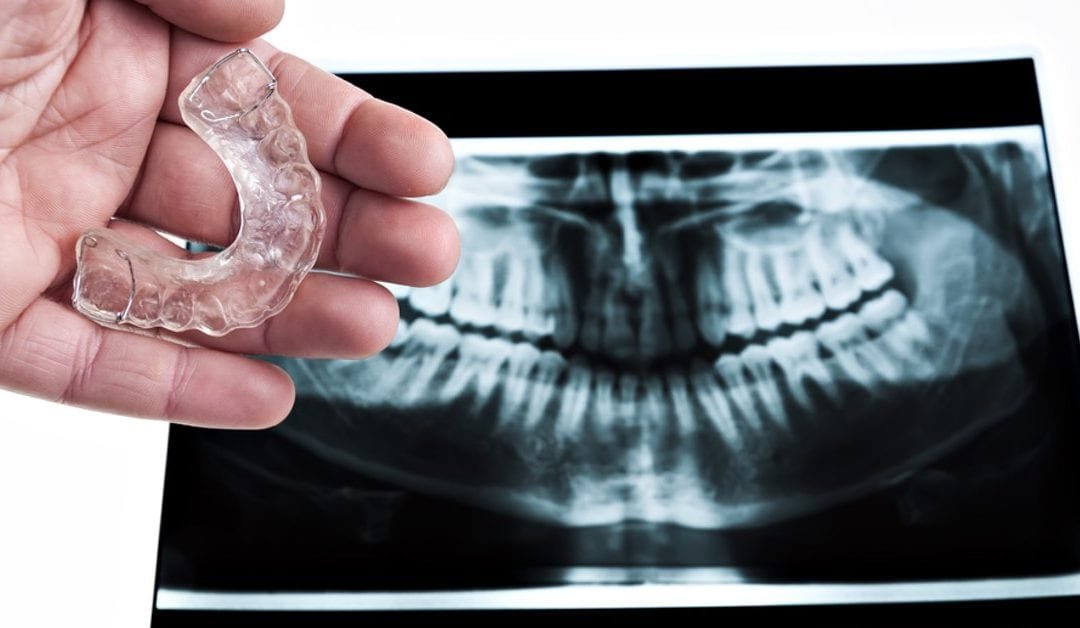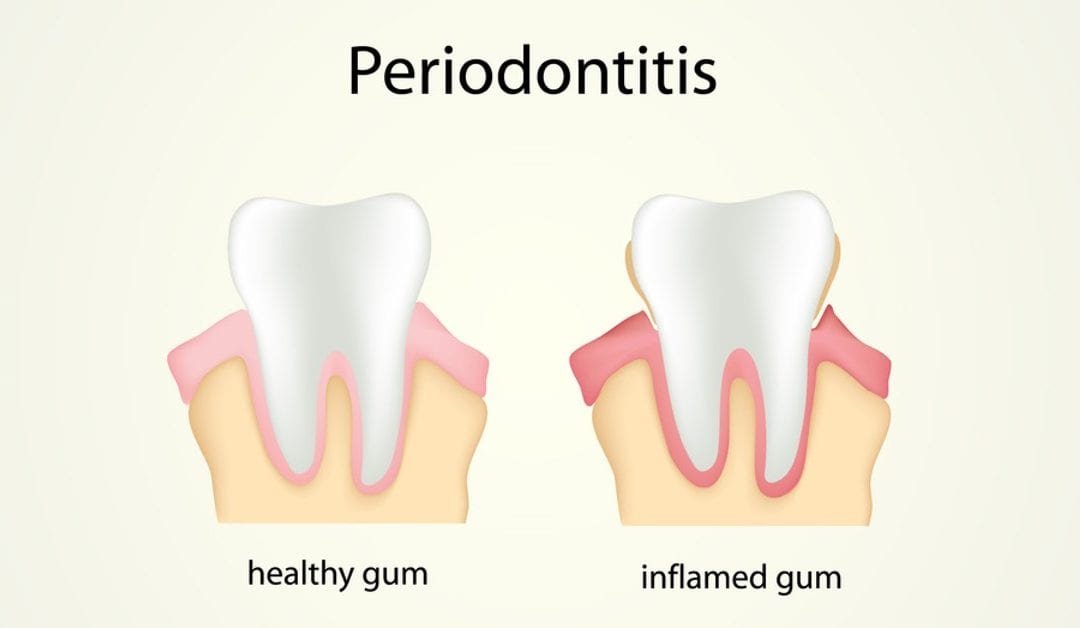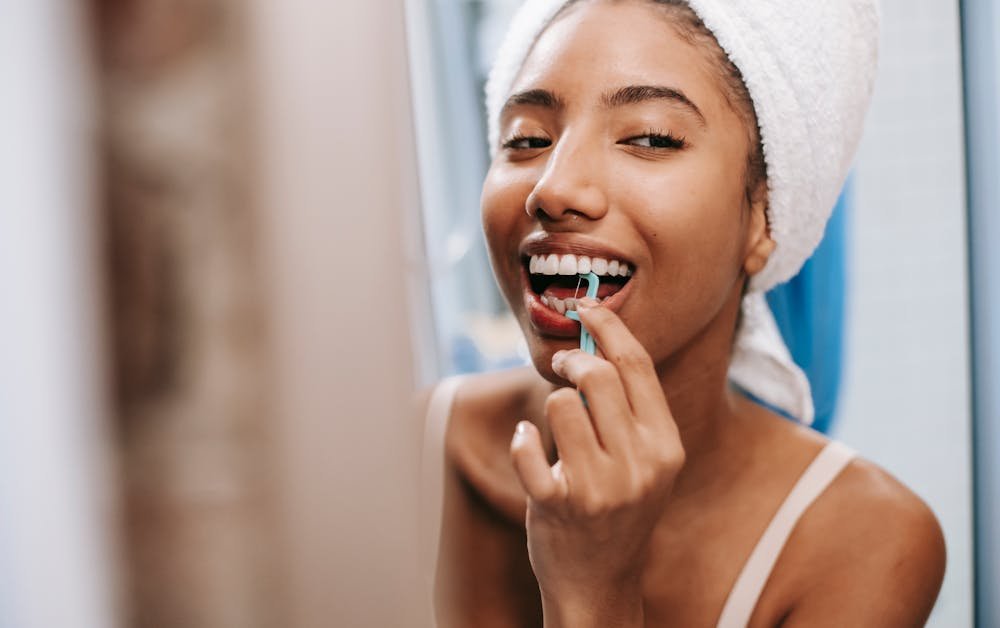

Dental Crowns vs Veneers, Pros & Cons
Veneers vs Crowns
When our teeth are weak, misshapen, or overly sensitive to the point where it can impact our eating, most dentists will recommend getting crowns put on your teeth. Crowns cover the teeth on all sides, acting as a cap to protect and strengthen the tooth while helping it regain its size. In comparison, a porcelain veneer is mostly cosmetic as it simply covers the front of the tooth and is visible when smiling. Veneers are wafer thin in comparison to crowns and require much less tooth grinding to be put in properly.
Dental Crowns Pros and Cons
Crowns can really help those whose teeth have deteriorated from sugary foods, weakened enamel, or other reasons. Since the crown completely encases the tooth, it strengthens and replaces the tooth in every capacity. Since the whole tooth is covered though, significant grinding of the actual tooth is required so the crown will sit properly. At a minimum, 2 millimeters from each side need to be removed, though some dentist may take more. Patients choosing dental crowns should be aware that they are losing a much more natural tooth than they would by selecting veneer.
Crowns can be done in several materials. Metal is great for durability but looks poorly when seen. For this reason, metal crowns are mostly used in the back of the mouth. The resin is another option that is much less expensive and can be seen without notice, but they pose a higher risk of cracking and tend to wear down more quickly. Ceramic or porcelain are popular because of their ease in matching a tooth’s natural color. However, this option may be quite expensive. Also, ceramic or porcelain crowns are not as strong as metal crowns and wear down opposing teeth faster than others. Lastly, porcelain-fused-to-metal crowns have the durability of metal under a coat of porcelain. However, the metal is sometimes visible at the gum line or through the tooth.
Dental Veneers Pros and Cons
Veneers are thin pieces of porcelain fitted to your teeth that only cover the front part to improve the appearance. They can be used over teeth that are chipped, discolored, irregular, misshapen, or wide set. A very thin layer of tooth is grinded away on the front (less than a millimeter) to ensure proper application.
If the teeth are healthy for the most part, veneers are a great confidence booster for the patient with a less-than-perfect smile. While veneers are often viewed as merely a cosmetic procedure and aren’t normally covered by more insurance as a result, they can be quite durable, lasting anywhere from 7-15 years. Also, dental veneers can be relatively inexpensive, costing between $1,000 to $2,000.
There are four types of veneers. Porcelain is the most popular, resilient, and expensive. They are fitted to your tooth and are bonded with a sealant exposed to ultraviolet light. Composite veneers are made from the same material as cavity fillings. It’s less expensive, but not as durable. Instant veneers are quick, premade, and can be applied the same day as the consultation. Instant veneers are quick because they are premade and can be fitted to the tooth easily. However, these veneers may wear faster that way. Removable veneers are a cross between porcelain and instant in that they are specially made for a patient’s teeth but can be removed when needed. They are not a reliable long-term solution though.
Maiden Lane Dental is here to help you determine which is right for you, dental crowns vs veneers. Let us help you. We are located in NY in lower Manhatten and help many in the Financial District as well as throughout NYC and beyond. Feel free to contact us. Let us help you to get back your beautiful smile.




